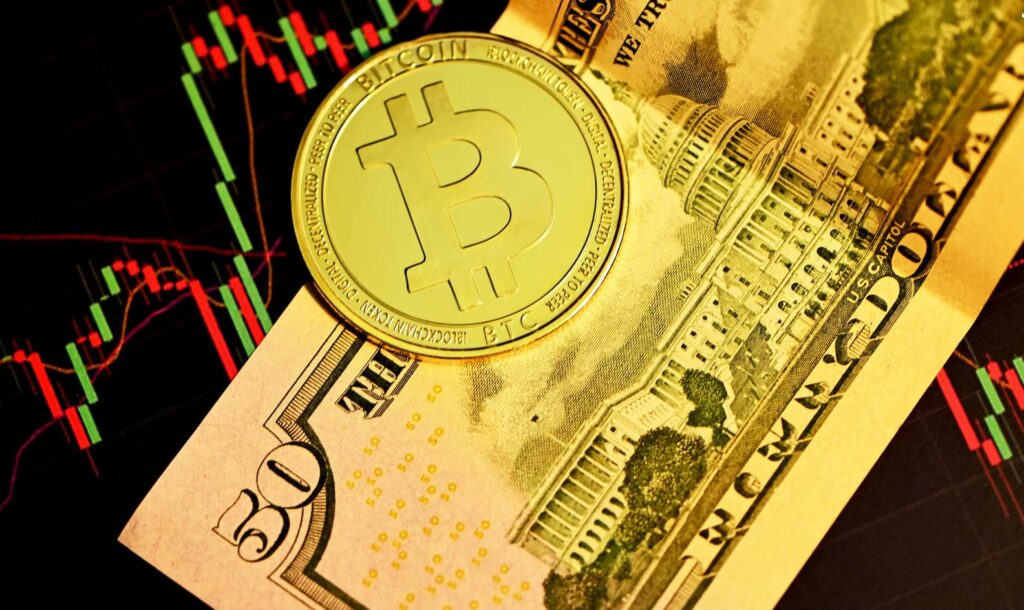The global financial landscape is witnessing unprecedented shifts, with the U.S. dollar at the epicenter of the turbulence. Leading investment bank Jefferies has sounded the alarm, warning of the potential collapse of the U.S. dollar paper standard. This potential downfall is predicted to benefit Bitcoin BTC 4.95% owners significantly.
Jefferies’ global head of equity strategy, Christopher Wood, highlighted the challenges faced by the Federal Reserve and other G7 central banks. These institutions are grappling with the complexities of unconventional monetary policies, which they may not be able to exit in a benign manner. Wood emphasized that these central banks would likely continue their commitment to expanding their balance sheets in various forms.
Bitcoin, along with other major cryptocurrencies like Ethereum ETH 3.37% and XRP XRP 1.48%, has experienced fluctuations in momentum as it entered 2023. Despite these fluctuations, the cryptocurrency market’s potential remains robust. Bitcoin’s price had soared to almost $70,000 per unit in late 2021, marking a significant milestone. However, it has since lost about 60% of its value, erasing approximately $2 trillion from the combined value of Ethereum, XRP, and other cryptocurrencies.
The Federal Reserve is currently in a tight spot, dealing with a staggering $33 trillion U.S. “debt death spiral.” This situation has led to concerns that the Fed might have to restart its money printing operations, which could trigger the U.S. dollar’s collapse. Such a scenario could fuel a surge in Bitcoin prices, positioning it as a rival to gold.
Wood further elaborated on the challenges faced by the Federal Reserve. The institution has been aggressively hiking interest rates in an attempt to control skyrocketing inflation. This strategy, however, might lead to a counter-intuitive “death spiral” for the U.S. dollar, pushing Bitcoin prices even higher. The looming threat of a U.S. recession, exacerbated by the after-effects of the money supply explosion in 2020 and 2021, could force the Fed to adopt a more dovish stance.
Highlighting the potential consequences of these developments, Wood stated, “Such a failure to exit from unorthodox monetary policy in a benign manner is likely to culminate in the collapse of the U.S.-dollar paper standard. This would benefit both gold bullion owners and Bitcoin owners.” He further advised investors to view Bitcoin and gold as insurance rather than short-term trading assets.
Institutional interest in Bitcoin and other major cryptocurrencies has been on the rise. BlackRock, the world’s largest asset manager, has been at the forefront of this trend. Wood pointed out, “Bitcoin has now become investible for institutions, with custodian arrangements in place for digital assets. It represents an alternative store of value to gold.” This sentiment was echoed by BlackRock’s chief executive, Larry Fink, who recently shifted to a bullish stance on Bitcoin after years of skepticism.






